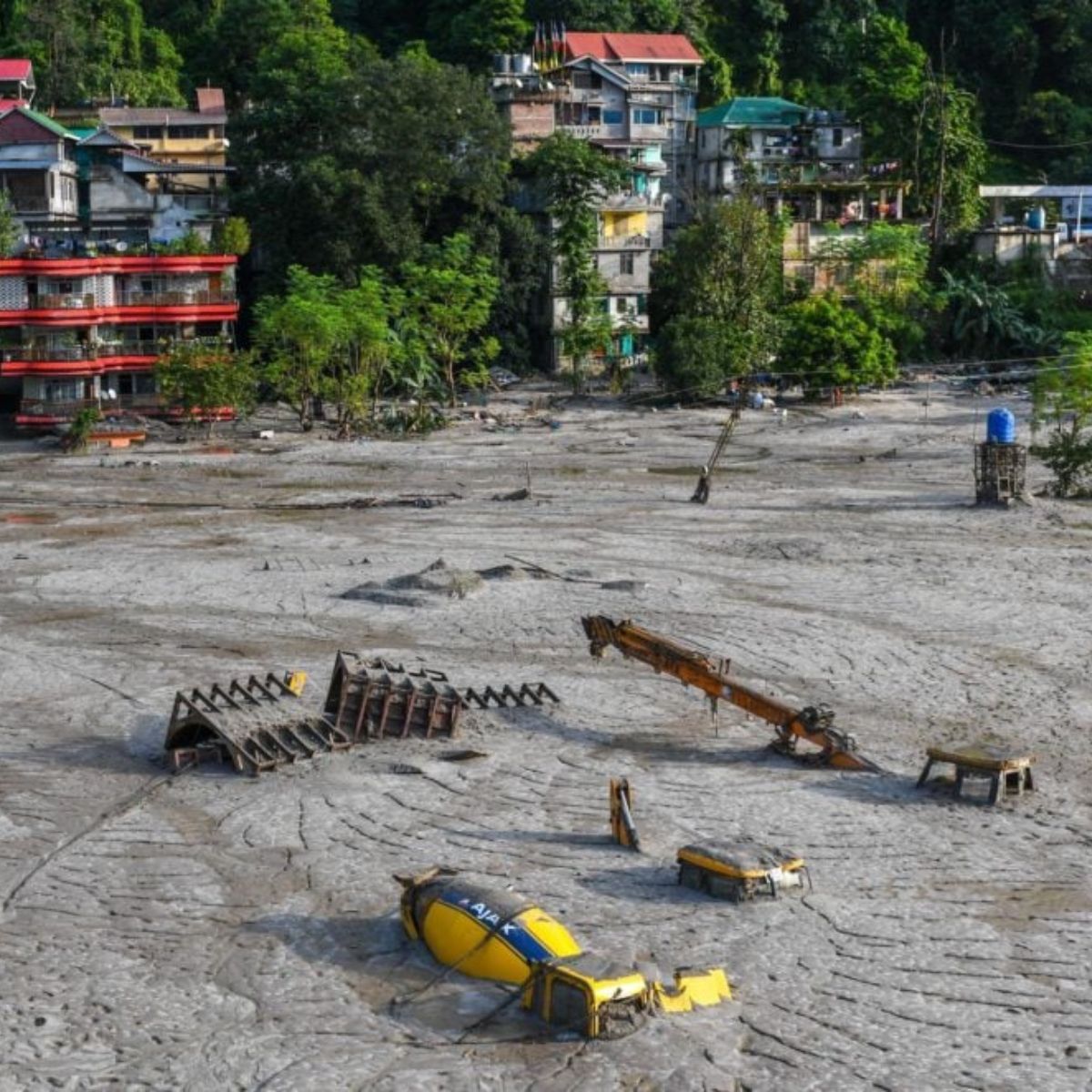Author: homolata

Considerations for Accessing Climate Funds
Graham Clark is Chairman and Chief Executive of Asia Affinity Holdings Ltd. in Hong Kong SAR, China. Read the full transcript here. Key points from the interview: The pursuit of climate funds to address impacts and disaster risk reduction is a global imperative, albeit a complex one. To navigate this complexity, a structured and systematic [...] Read More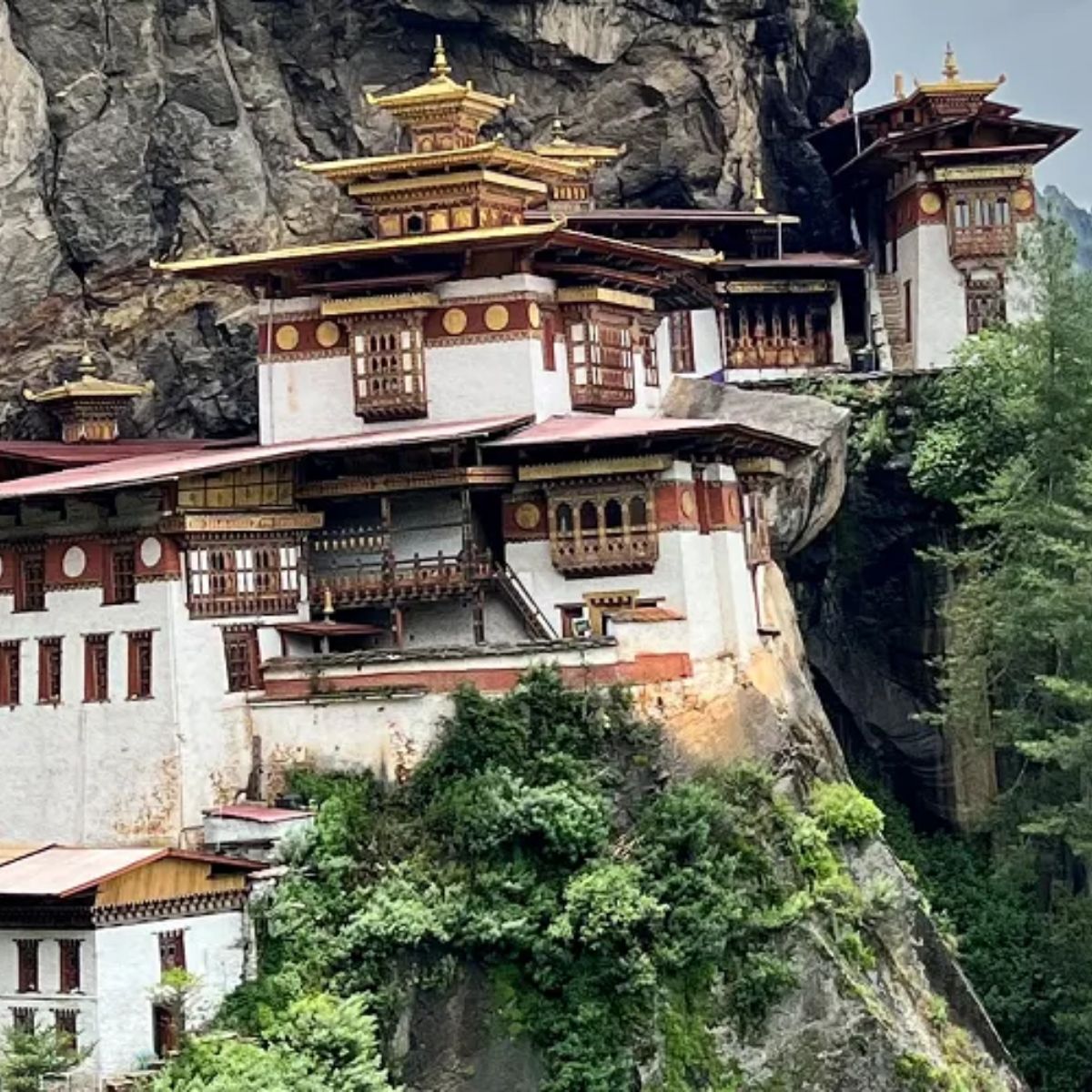
Of Dragons, Data and Clouds: Bhutan’s Journey into Carbon Markets, Technology, and a Resilient Future
The blog was first published by World Bank Blogs on 19 October 2023. Read the original blog here. Paro Taktsang, Bhutan. Photo: World Bank Nestled within the Eastern Himalayas, Bhutan is often referred to as the ‘Land of the Thunder Dragon’. This evocative name, steeped in mythology and reverence, perfectly captures the spirit of a [...] Read More
Climate News 8 November – 14 November 2023
Climate change: Water scarcity worst in South Asia, UN says Source: DW News Date: 13 Nov 2023 A UNICEF report reveals that 347 million children in South Asia, more than half the regional total, face severe water shortages due to climate change-induced events like floods and droughts. With 55% of South Asian children affected, the [...] Read More
Nepal Climate Innovations and Private Sector Engagement
Mr. Anil Pokhrel (Photo by ADPC) Mr. Anil Pokhrel, Chief Executive of the National Disaster Risk Reduction and Management Authority (NDRRMA) of Nepal. Nepal's National Disaster Risk Reduction & Management Authority (NDRRMA) was established through the Disaster Risk Reduction and Management (DRRM) Act of 2017 to coordinate and implement DRRM-related functions in the country. Its [...] Read More
Climate News 1 November – 7 November 2023
Building Resilience for South Asia’s Future Source: World Bank Blogs Date: 6 Nov 2023 Over 850 million people in South Asia live in poverty on $3.65 a day, facing the impacts of climate change, pandemics, and global shocks. Recent events like floods in Pakistan, heatwaves in India, and cyclones in Bangladesh underscore the vulnerability of [...] Read More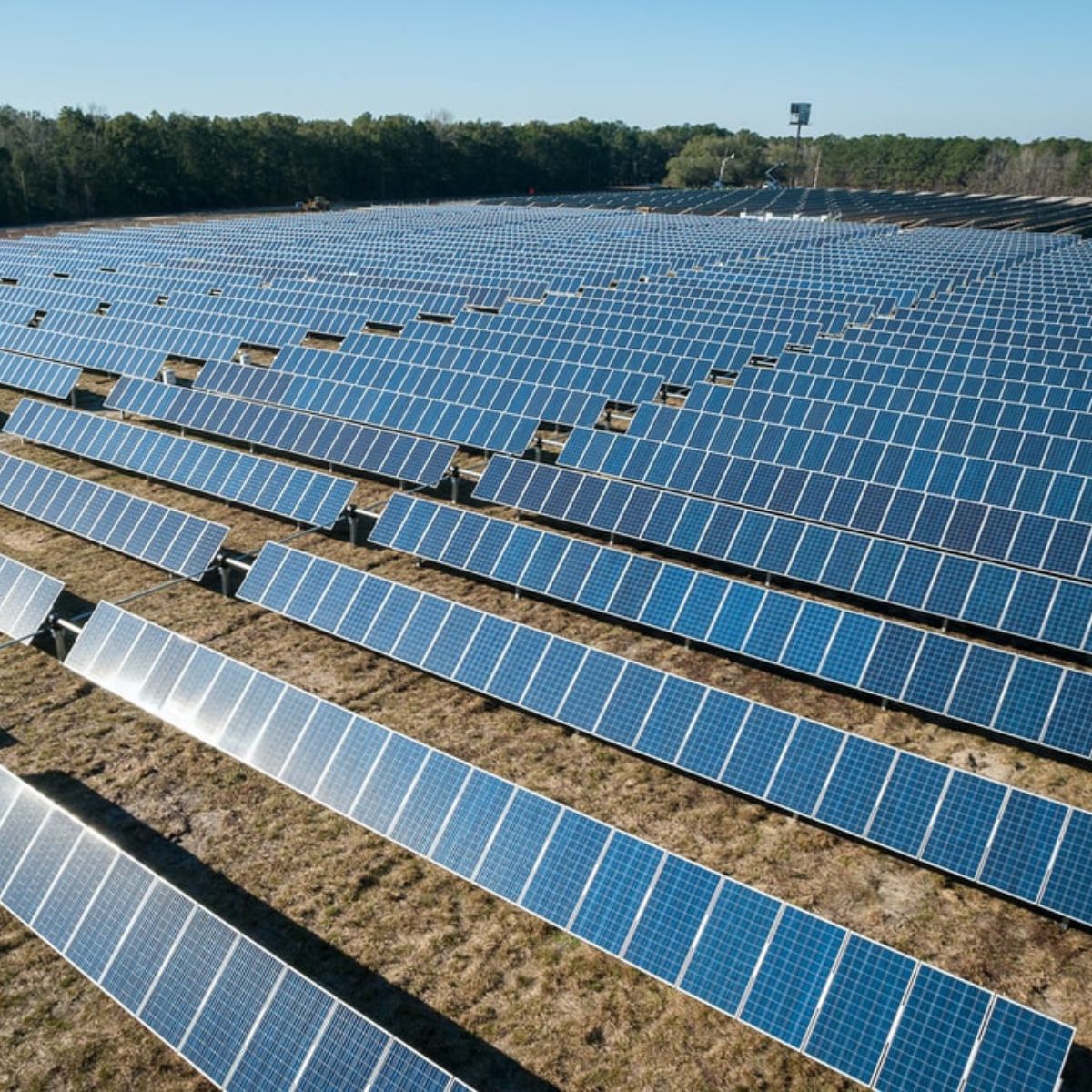
Empowering Climate Resilience: Innovations and Initiatives in Pakistan
The Quaid-e-Azam Solar Park in Bahawalpur, Pakistan (Photo by Quaid E Azam Solar Power Private Limited) Climate change has a detrimental impact on Pakistan. The 2021 Global Climate Risk Index positioned Pakistan among the top 10 countries most affected by long-term climate risks from 2000 to 2019, considering fatalities and mortalities. We experience recurrent heatwaves, [...] Read More
Climate News 25 October – 31 October 2023
The Global Energy Transition Offers an Opportunity to Boost Growth in South Asia Source: World Bank Date: 30 Oct 2023 The World Bank's latest regional economic update highlights South Asia's uncertain economic outlook, despite steady growth. The region faces fiscal constraints, limiting its ability to capitalize on the global energy transition, which offers opportunities for [...] Read More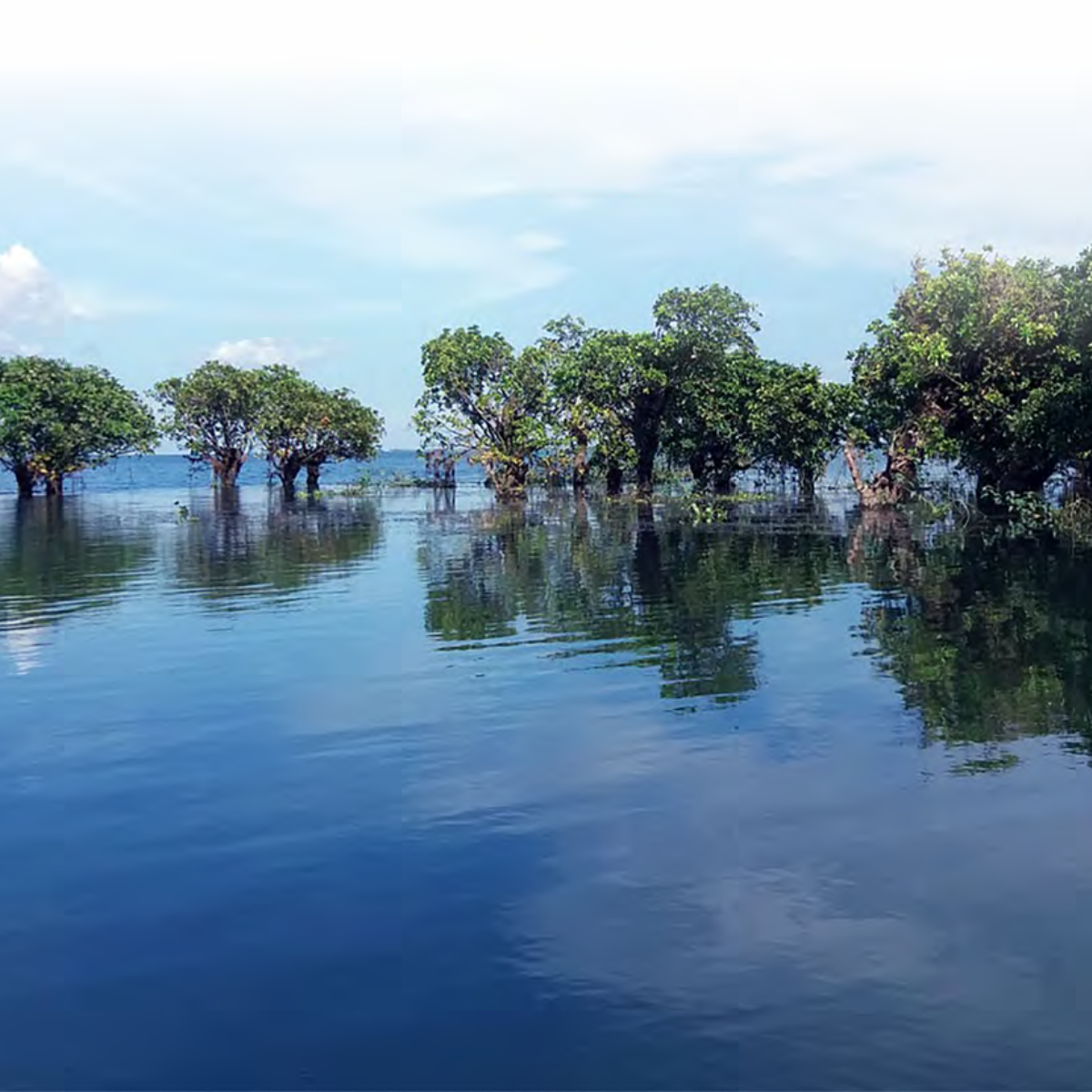
Nature-based Solutions for Climate Resilience in South Asia’s Water Sector
Click on the image to download PDF SummaryDetailsSuggest an EditSummary This training module on Promoting Nature-based Solutions (NbS) for Climate Resilience in the Water Sector in South Asia is designed for the capacity building of practitioners and policymakers working on the management of water resources or having an influence on the water sector, such as [...] Read More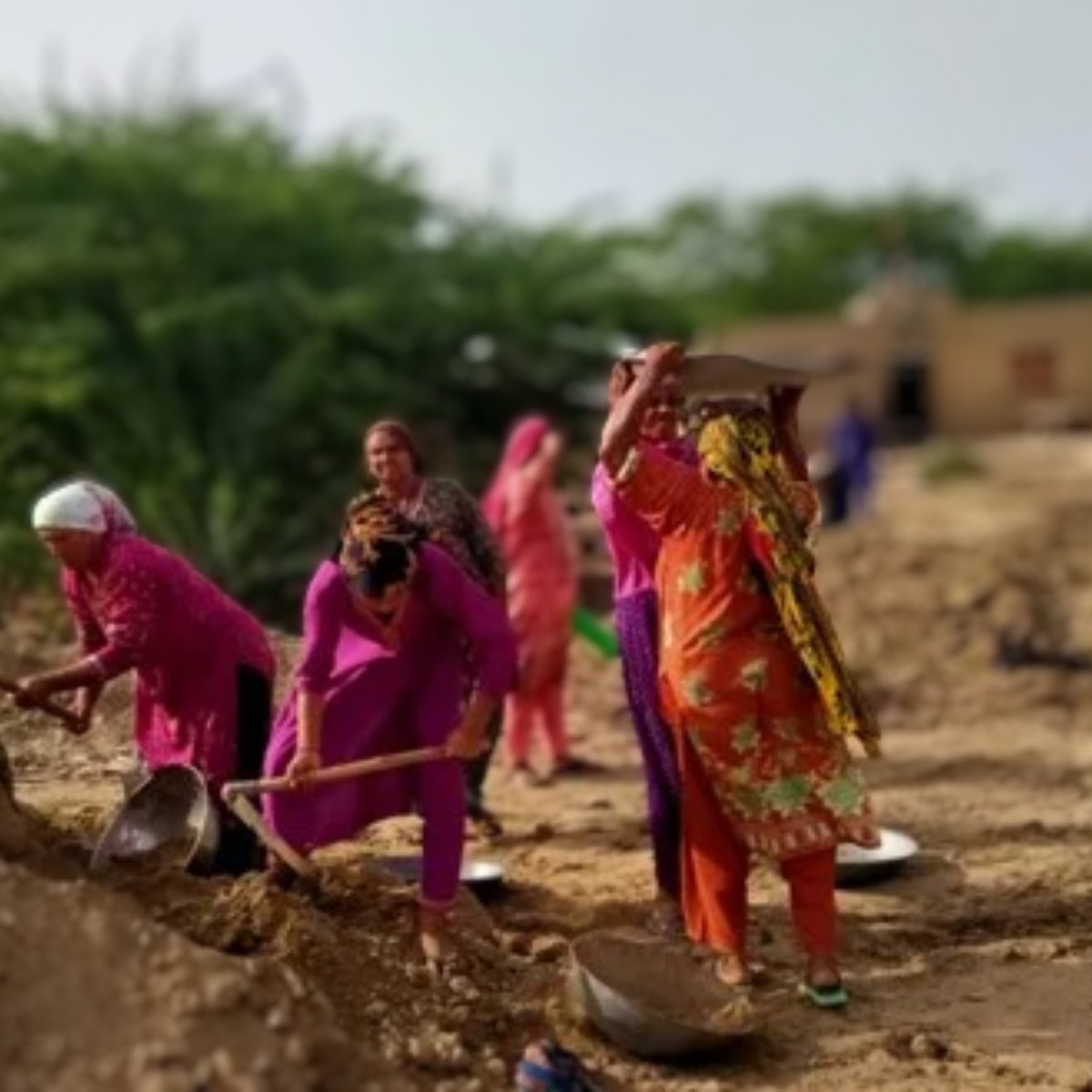
A Year after Pakistan’s Deluge: How community-centric public works support the most vulnerable
The blog was first published by World Bank Blogs on 18 October 2023. Read the original blog here. In the village of Shaheed Benazirabad District, residents explain the far and wide impacts of the floods. Credit: Sindh Flood Emergency Rehabilitation Project A year later, the flood water has receded, but the impacts still loom large. [...] Read More